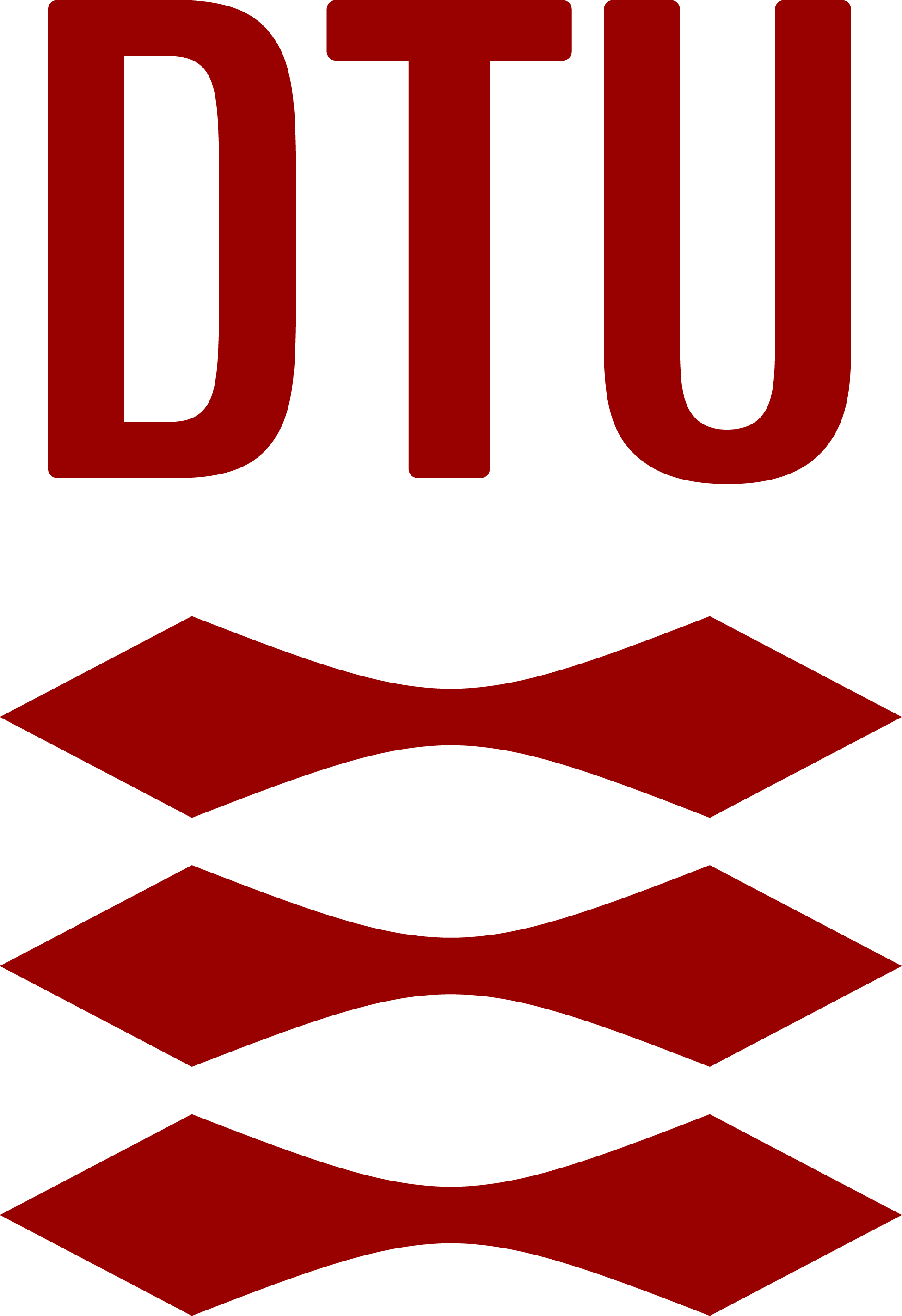About this course
Want to gain an understanding of the theory and skills needed to make decisions related to upstream process development? Develop a solid understanding of the theory and practical skills essential for making informed decisions in upstream process development. This course is designed to provide participants with the knowledge needed to effectively navigate the complexities of bioprocess development, from initial cell growth to large-scale production. Throughout the course, you will explore the principles of cell metabolism, growth, and product formation, as well as the critical factors that influence these processes. You will also delve into media formulation and the impact of various process parameters on overall efficiency and product quality. A key component of the course is the introduction to the theory and application of Design of Experiments (DoE), a powerful tool used to optimize bioprocesses and drive production improvements. You’ll learn how to apply DoE principles to both process development and production scenarios, gaining hands-on experience through workshops and real-world examples. Finally, the course addresses the challenges of scaling up bioprocesses, from bench-scale experiments to full production. You’ll gain insights into the mathematical approaches and risk assessments necessary to ensure successful scale-up and mitigate potential risks.
Learning outcomes
This course aims to provide participants with an understanding of the theory and skills needed to make decisions related to upstream process development and an awareness of how those decisions affect the process. Participants will be introduced to both the theory of design of experiments (DoE) and its use as a tool to accomplish activities ranging from process development to production. This course aims to provide participants with an understanding of the theory and skills needed to make decisions related to upstream process development and an awareness of how those decisions affect the process. Participants will be introduced to both the theory of design of experiments (DoE) and its use as a tool to accomplish activities ranging from process development to production.Participants in the course will be able to: • Design and optimize biomanufacturing processes based on measured bioreaction parameters. • Utilize basic principles of Design of Experiment (DoE) for process development. • Identify the main challenges associated with fermentation scale-up and mitigate risks. • Analyze critical process parameters and their impact on bioprocess outcomes. • Apply knowledge of cell physiology to optimize product formation in bioprocesses. • Apply media formulation as a strategic tool for enhancing bioprocess efficiency. • Utilize mathematical and statistical tools to perform advanced data analysis in bioprocess development. • Evaluate and select appropriate scaling strategies for bioprocesses based on key performance metrics and risk assessments.
Assessment
Graded
Course requirements
This course is ideal for professionals involved in upstream bioprocess development and optimization. It is particularly beneficial for: • Production Managers: Overseeing bioprocess operations, seeking to enhance decision-making and process scalability. • Process Development Scientists: Focused on designing and optimizing biomanufacturing processes. • Bioprocess Engineers: Involved in scaling up and improving bioprocess efficiency. • R&D Scientists: Engaged in early-stage process development who want to deepen their understanding of DoE and scale-up strategies. PhD student: Especially designed for PhD students. Free for DTU PhD students and reduced price for international PhD students. More info here: https://lifelonglearning.dtu.dk/en/bioengineering/course/upstream-process-development-phd-course/
Resources
Additional information
- More infoCourse page on website of Technical University of Denmark
- About studying within the Euroteq alliancehttps://euroteq.eurotech-universities.eu/initiatives/building-a-european-campus/course-catalogue/
- Form of participationBlended
Starting dates
23 Mar 2026
ends 27 Mar 2026
Only 10 days to enrolRegister before 9 Mar, 23:59
